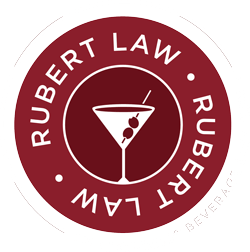The Florida Division of Alcoholic Beverages and Tobacco (DABT) recently revised its administrative rule regarding what items can be sold in restaurants (Rule 61A-3.055 Items Customarily Sold in a Restaurant). The rule was revised after a challenge to the rule filed almost four years ago over the broad language of the prior version, which restricted what was sold in very specific ways that were inconsistent with what was actually customarily sold in restaurants. The issue with this new version is that there is still some grey area that will have to be clarified.
The clarification that’s necessary may require litigation. However, legal challenges to these rules are often expensive, so operators may need to determine for themselves what they are willing to do until the rule is clarified, if ever.
What does the new rule say?
The new rule, which went into effect May 2, 2023, provides four specific things that restaurants can sell. Three of the four on the list – food, beverages, and gift cards or gift certificates – are fairly self-explanatory. The question will be what qualifies as a souvenir – the last item on the list. “Souvenir” is not defined in the Beverage Law, so it will be up to the industry, its regulators, and potentially administrative law judges to determine what it means as DABT agents go out to enforce this new version of the rule.
The question restaurants will have to deal with for the foreseeable future is what constitutes a souvenir, and how much risk they’re willing to take for a sale – are the prizes won at game room restaurants souvenirs? What if they are not branded with the restaurant’s name? What about small furniture items? Stuffed animals?
On a separate tact, does this very short list covers all the things your restaurant actually sells? If not, then maybe the list is again overreaching legislation by the regulator and not enforceable.
If you’re unsure about your operations, or if you think this new version of the rule is going to restrict your standard operations, you should consult with an experienced attorney who can advise you on compliance or guide you through a challenge to the new language.
